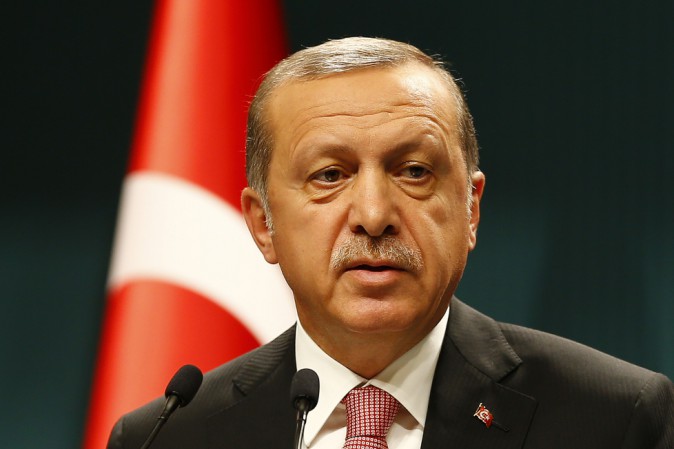Here are Erdogan’s latest Turkish (financial) stuff

Facts, numbers and scenarios on Erdogan's decision to remove Naci Agbal, the governor of the central bank of Turkey. The in-depth analysis by Michele Scarpa
March 22, 2021 is a day that the Turkish Central Bank will remember.
With President Erdogan's sudden decision to remove Naci Agbal, the country's central bank governor, the Turkish lira lost up to 15% against the dollar.
The dismissal of Agbal for the financial markets was a real shock.
In fact, the governor was applying a policy of raising interest rates to increase the value of the Lira and thus counter the galloping inflation in Turkey. Monetary policy much appreciated by local and foreign investors which was giving good results.
Its sudden defenestration led to the collapse, the reasons for which have been well explained by Sean Callow , Westpac's senior currency strategist: "The lira is being sunk by investors who fear that the keeper of its value (the Turkish central bank) does not share the their hopes for a stable currency backed by positive real interest rates ”.
The lack of confidence in the independence of the central bank and doubts about the country's economic situation and its ability to finance itself have therefore led to the collapse of the currency and the suspension of trading on the Istanbul stock exchange.
Finally, the collapse of the lira was limited to an 8% loss on the US dollar, the reassurances of the finance minister Lutfi Elvan were needed, who reiterated that Turkey will follow the rules of the free market.
The fear is that Turkish monetary policy has reached a crossroads.
On the one hand, the stabilization of interest rates (hoped for by the international financial community), on the other hand control over foreign capital. With the defenestration of Agbal and the appointment of Sahap Kavcioglu to the central bank, Erdogan seems to have chosen the second option even if for now there is no talk of it. At the moment, Kavcioglu's likely first moves will likely be to lower interest rates and use reserves to stabilize the lira.
Kavcioglu, an economist former parliamentarian of the AKP, is in fact a supporter of the so-called Erdonomics, a policy made up of economically very questionable theories, whereby the increase in interest rates directly increases inflation.
Agbal was doing what a healthy view of macroeconomics suggests: raising interest rates to raise the value of the Lira. In his few months of mandate he had managed with this policy to make the Lira buy back about 15% of its value against the US dollar, taking into account that in the last two years the Sultan's currency had lost about 40% of its value. So much so that an unsustainable situation had arisen of an increase in the cost of borrowing and a drying up of the currency reserves burned on the markets to defend their price.
Agbal's policies were a sign of independence, a quality that does not always seem to be highly regarded in the current Republic of Turkey.
It should be noted, however, that central bank independence is a very important requirement in a market economy. The separation from political power in fact suggests that the central bank pursues its mandate objectives and not the wishes of the politician on duty. The absence of this condition, as in Turkey, is an important signal that discourages international investors. With this change at the top of the central bank, Erdogan is appointing the fourth president in two years, looking for a figure at the head of the central bank who implements Erdonomics in a winning way (always if possible).
Turkey's economic crisis is a potential bomb on the borders of Europe, Turkey is too important a state to collapse. Furthermore, the more fragile the country becomes, the more unscrupulous its policies become: both internally where Erdogan, in order to keep faithful to the most radical Islamic circles, left the Istanbul Convention on preventing and combating violence on 23 March , and externally. , with a foreign policy that is more aggressive than diplomatic, in the eastern Mediterranean.
Meanwhile, in the crisis of a country that finds itself in the shadow of what it would like to be, Chinese, Russian and Gulf monarchies are making strategic purchases in the country. Ankara is sliding more and more towards the East.
This is a machine translation from Italian language of a post published on Start Magazine at the URL https://www.startmag.it/mondo/ecco-le-ultime-cose-turche-finanziarie-di-erdogan/ on Wed, 24 Mar 2021 08:51:07 +0000.
